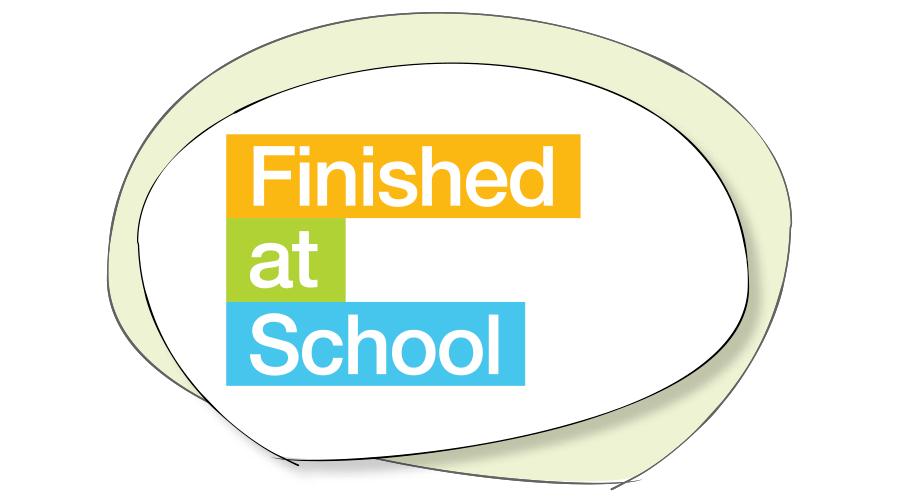Finished at School: Where next for young people with autism?
What does a young person with autism want from life? Exactly the same as someone without autism. The chance to develop skills, earn money, become independent (and to have some fun along the way). We think that’s pretty reasonable - don’t you? What isn't reasonable is the current lack of opportunities for young people with autism once they finish school.
Our research threw up some shocking statistics. Fewer than one in four young people with autism carry on their education after school. That's a huge amount of wasted potential. We knew something had to be done and thousands of supporters across the country agreed with us.
Together we launched the Finished at School report and campaign in October 2011 to secure better options for young people once they turned 16.
What did we need to do?
- Change legislation to create a clear legal right to educational support up to the age of 25 for young disabled people.
- Get in place a funding system that gives young people and families more information, choice and support.
- Secure a cross-government focus on outcomes and destinations for young disabled people.
- Work with the further education workforce to develop the skills they needed to support young people with autism to achieve their ambitions.
What did we achieve?
Quite a lot.
But only because of the amazing support from autistic young people, their families, professionals and parliamentarians. They helped us take significant steps forward since the campaign launched in October 2011. The achievements below are a combined effort, delivered with the support of all our campaign partners.
The Children and Families Act:
- Replaced Special Educational Needs (SEN) statements and learning difficulty assessments with a single, simpler 0–25 assessment process and Education, Health and Care (EHC) plan.
- Provided statutory protections comparable to those currently associated with a statement of SEN up to the age of 25 in further education, instead of being cut off at 16.
- Was amended to make sure all decisions about the support a young person gets is based on what they need and want to achieve in life, rather than just how old they are.
- Was amended to ensure young people with SEN who undertake apprenticeships will be able to keep their package of support.
A number of steps have been taken to ensure the further education workforce has the skills to support young people with autism to achieve their ambitions.
- The Autism Education Trust has developed a training programme for professionals in post–16 settings. Free downloadable competency frameworks and standards are also available. The programme was launched in October 2014.
- The Government announced a bursary programme for SEN staff in further education colleges to develop their skills in areas such as autism.
The Department for Education also invested in a pilot project to improve the transition from school to college and community life for young people with autism. This was called the Finished at School Programme and Ambitious about Autism ran it between April 2013 and March 2015. From September 2015 to March 2016 we delivered training based on the learning from the Finished at School Programme to staff in schools, colleges and local authorities in all regions of England.
The purpose of the Finished at School Programme was to create a better system of support for young people with autism, focused on improved person-centred transition planning, creating new curriculum pathways and ensuring learners could access all aspects of college life.
An independent evaluation of the Finished at School Programme found the project had improved staff skills and supported young people to continue their education. Our learning from the project was published in the Finished at School guide filled with practical advice and case studies for education professionals.
The Department for Education continued to support the implementation of the Children and Families Act by commissioning Ambitious about Autism to run the Succeeding at College programme building on the foundations of Finished at School. The purpose was to assist more autistic young people to successfully move from school to college.
An independent evaluation found that the Succeeding at College training programme achieved national reach. More than 500 people were trained, including staff from over a quarter of the colleges in England. The training programme facilitated positive changes in practice by the professionals attending. These included working in more person-centred ways and improved transition planning.
The hub partnerships were effective in improving access to post-school education for young people with autism. 50% of the young people they supported moved into mainstream general further education during 2014 and 2015, with others moving into specialist post–16 provision.
Succeeding at College has now been embedded in the Autism Education Trust programme, supported by the Department for Education.

